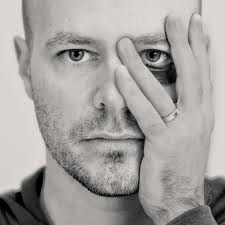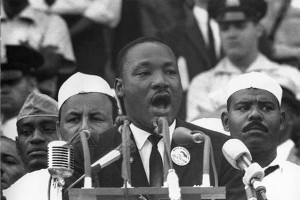For the last ten years if you’ve asked me what my favorite movie is, I probably told you it’s The Royal Tenenbaums. There have been a few flavors of the month for me since then but TRT has really stood the test of time.
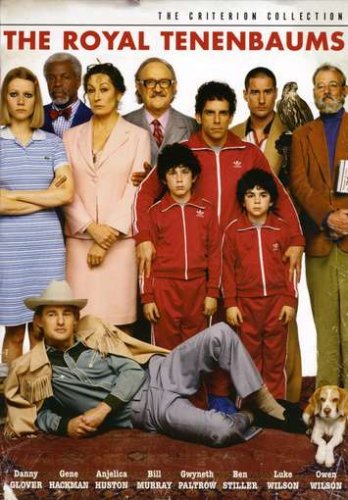
I didn’t see TRT until it was on DVD in the fall of 2002. I honestly didn’t like it that much the first time. I only knew that it was a comedy and that my friends liked it. I thought it was going to be in the vain of Office Space or Meet the Parents. It wasn’t.
A few years later I was a senior in college and my friend found a special addition copy on sale from a music & movie store that was going out of business (You see kids, there used to be these places called stores that were made out of these things called bricks, and in some of these stores they sold things called DVD’s that were like Netflix streaming but only for one movie and it came on this small metalic frisbee and you had to travel to this store and pay money for this frisbee and take it home and put it inside a frisbee player, and you know what, ask your older siblings about it. ). I borrowed the DVD from my friend and decided to give TRT another shot.
It changed my life.
Well it reminded me of life at least. The life that Jesus makes possible through the Gospel.
You see The Royal Tenenbaums is about a family. A messed up family.
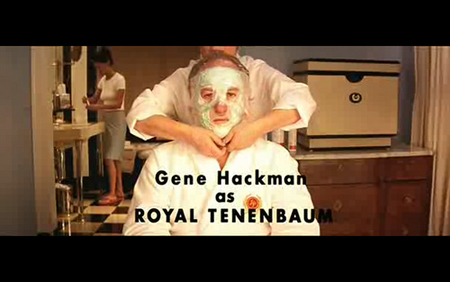
Royal Tenenbaum is the family patriarch. He cheats on his wife, he lies to his children, he steals from his son, and he lives a life of luxury that he can not afford. He only thinks of himself.
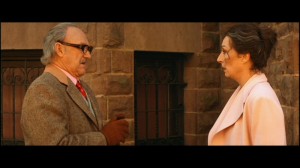
When Etheline, whom Royal has been separated from for several years entertains a proposal of marriage by her accountant, Royal becomes jealous and devises a plan. Royal lies and tells Etheline that he wants to spend more time with her and the family because he’s dying of stomach cancer.
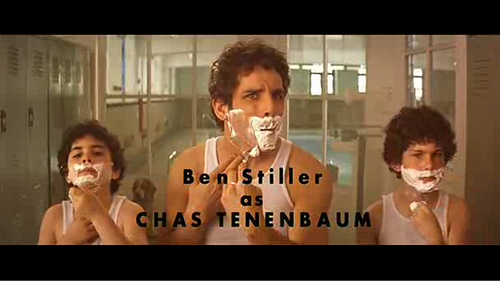
Chas Tenenbaum is the oldest of the children. Chas was born an adult. Like the narrator, voiced by Alec Baldwin says ‘Chas Tenenbaum had, since elementary school taken most of his meals in his room standing up at his desk with a cup of coffee “to save time”.’ As a child when his parents separate and Royal moves out, Chas takes it the hardest.
As an adult Chas’s wife dies in a plane crash and in the aftermath he becomes overprotective of his sons Ari & Uzi. Chas has become bitter in many ways, especially towards his father of whom he goes years without speaking to. Above all else, Chas is scared, scared of fire, scared of being alone, scared of life.
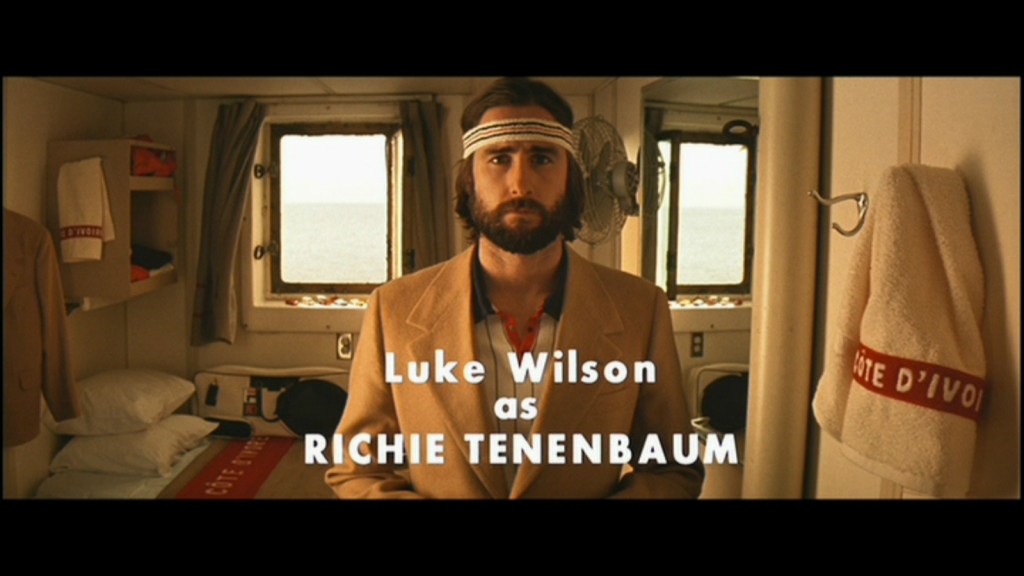
Richie Tenenbaum’s grief manifests itself differently. Richie was a professional tennis player but had a breakdown and lost his nerve. He runs away from his pain by traveling around the world on a boat. Richie was Royals favorite and thus is more forgiving of Royals abandoning of the family. Richie’s hopelessness eventually leads to a failed suicide attempt.
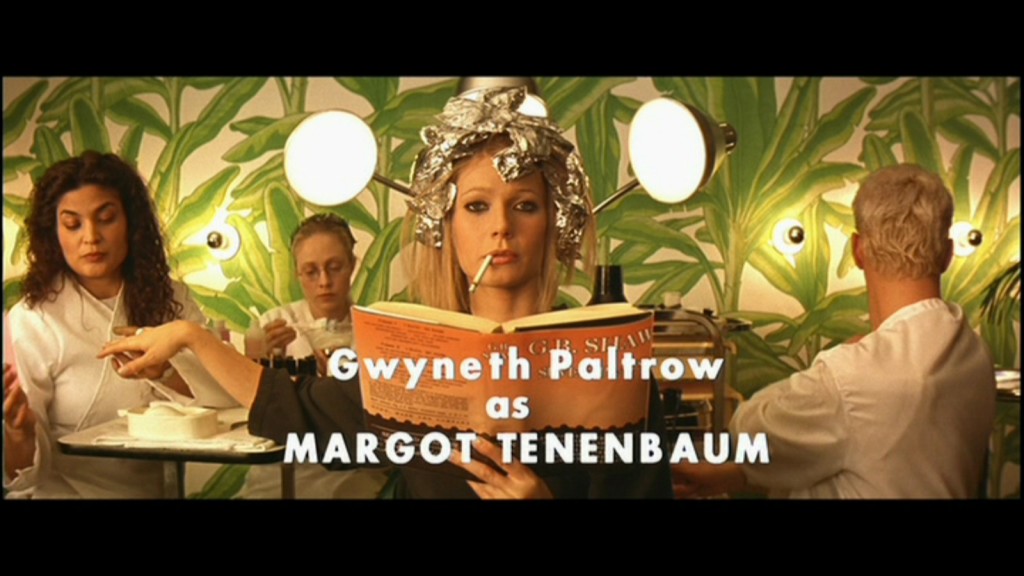
Margot was adopted by Royal & Etheline at age 2. Whenever Royal introduces Margot to his friends, he is sure to introduce her as “my adopted daughter, Margot”. As a child Margot is promising playwright, but all ambition and joy is gone by the time she reaches adulthood. She medicates her depression first by marrying a man closer to her fathers age, and then by smoking in the tub while watching TV all day.

Through various circumstances all members of the Tenenbaum family wind up back home under the same roof. The adult children are reacquainted (reluctantly in Chas’s case), Royal spends time with Etheline when he can, and introduces Ari & Uzi to mischief via gambling, shot lifting, and hopping rides on garbage trucks.
Eventually Royal’s lies catch up to him when Henry, the accountant who’s proposed to Etheline, does some investigating and can’t find Royal’s doctor or hospital, also Henry’s first wife died of stomach cancer, and in his words ‘you don’t eat 3 cheeseburgers a day with french fries when you got it’. Immediately any goodwill that Royal has built over the last few days is lost.
Royal is faced with his lies and forced to be honest. This reminds me of Brennan Manning’s, The Ragamuffin Gospel, specifically where Manning tells a story of checking himself into a months long rehab for alcoholism. In one of the group sessions a participant named Max refused to be honest about his alcohol problem and the pain it causes his family. The leader of the group eventually called Max’s wife on speakerphone described an incident in which he went into a bar while his 9 year old daughter was left in a car alone in subfreezing temperatures, leaving her with frostbite so bad that her thumb and a finger would need to be amputated as well as permanent hearing loss. Max convulsed on the floor weeping when this story came to light. He begged to stay in the program even though he had not been honest, and according to Manning ‘he proceeded to undergo the most striking personality change I had ever witnessed’. I’ll never forget that story and what Manning said immediately after it, he said
“An intimate connection exists between the quest for honesty and a transparent personality. Max could not encounter the truth of the living God until he faced his alcoholism.”
There’s something spiritual about coming clean, even if it’s not your choice. There’s something about the truth that sets us free. Being caught in his lies, is Royals turning point.
Royal is proactive in his repentance: he gives Etheline the divorce she has asked for so that she can marry Henry, he asks Henry for forgiveness for treating him badly, he get’s a job, he gives humble advice to Richie and helps him get help for his best friend Eli’s drug problem, he takes Margot for ice cream and expresses his remorse. Finally he tries to take Ari & Uzi on an outing, but Chas is not having it, refusing to forgive and let go.
Finally with the family gathered for Etheline & Henry’s wedding, Ari & Uzi are on the sidewalk playing with their dog Buckley and suddenly Eli comes driving into the scene in his sports car at full speed, not having dealt with his drug problem, he’s high. He loses control, there’s a crash. Although Buckley, the dog, didn’t make it, Ari & Uzi have been pushed out of the way, by Royal.
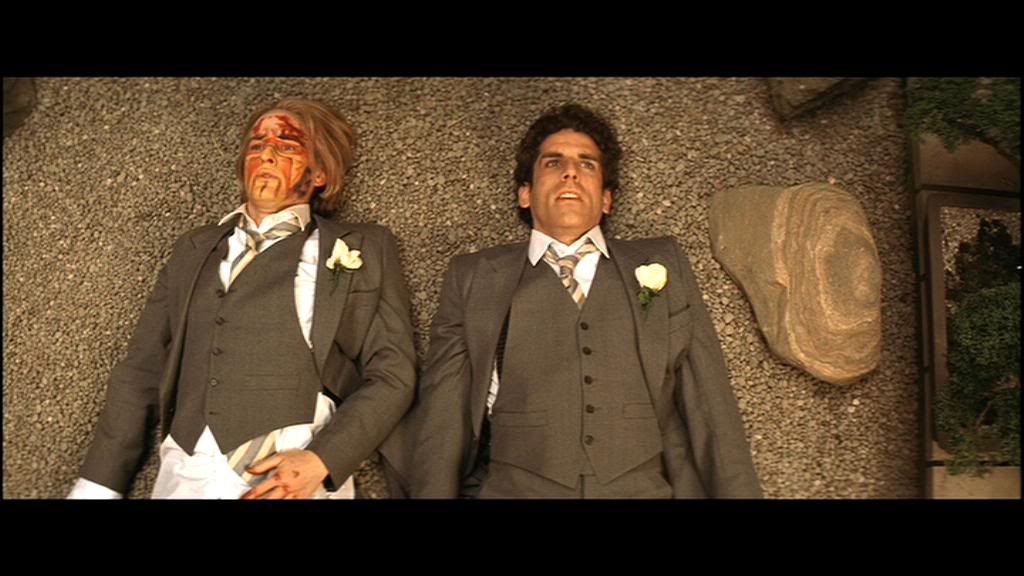
After seeing that his sons are unharmed, Chas chases Eli through the house with fire in his eyes. When Richie tries to get Chas to stop, Chas elbows his brother in the eye. Chas throws Eli over the backyard fence in his rage, turning back to the family he has a moment to catch his breath and gain some clarity. Now faced with his family including the brother he’s just injured, he’s embarrassed. He jumps the fence himself, finds Eli laying down and lays down beside him. Faced with the ugliness of their deepest flaws. Eli says ‘I need help,’ Chas replies ‘me too’. This is their turning point.
Eli goes to rehab out of state, and Chas forgives Royal and sees him as a father for the first time in a very long time. Chas also learns how to let go and stop being scared. Margot dares to allow herself to be happy, and Richie plays tennis again.
Not long after that, Royal dies of a heart attack, but not before he’s saved his family. In the character of Royal, we see ourselves with our lies, lust, cheating, and stealing, but we also see Christ, setting us free, being the father we always needed, and dying.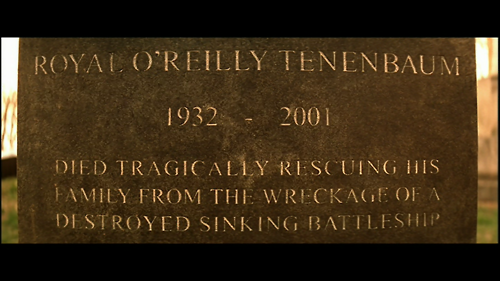

Intervarsity Press has an exclusive for Seminary Dropout listeners. Go to ivpress.com/dropout to get 30% off The Church As Movement!











